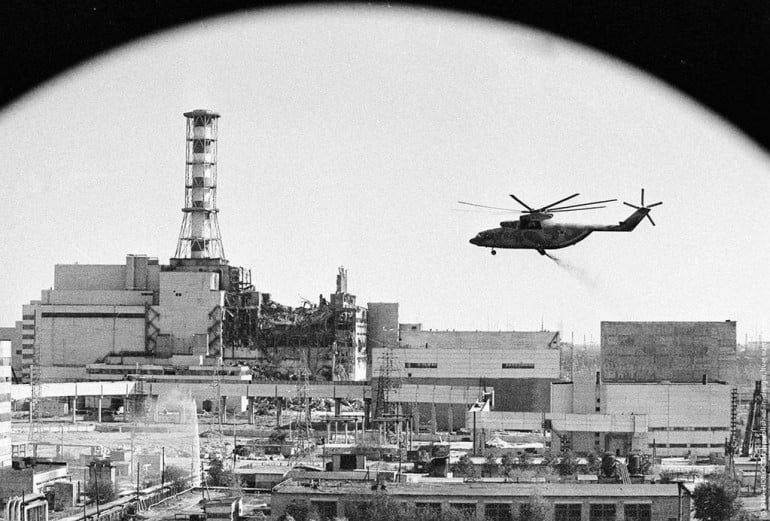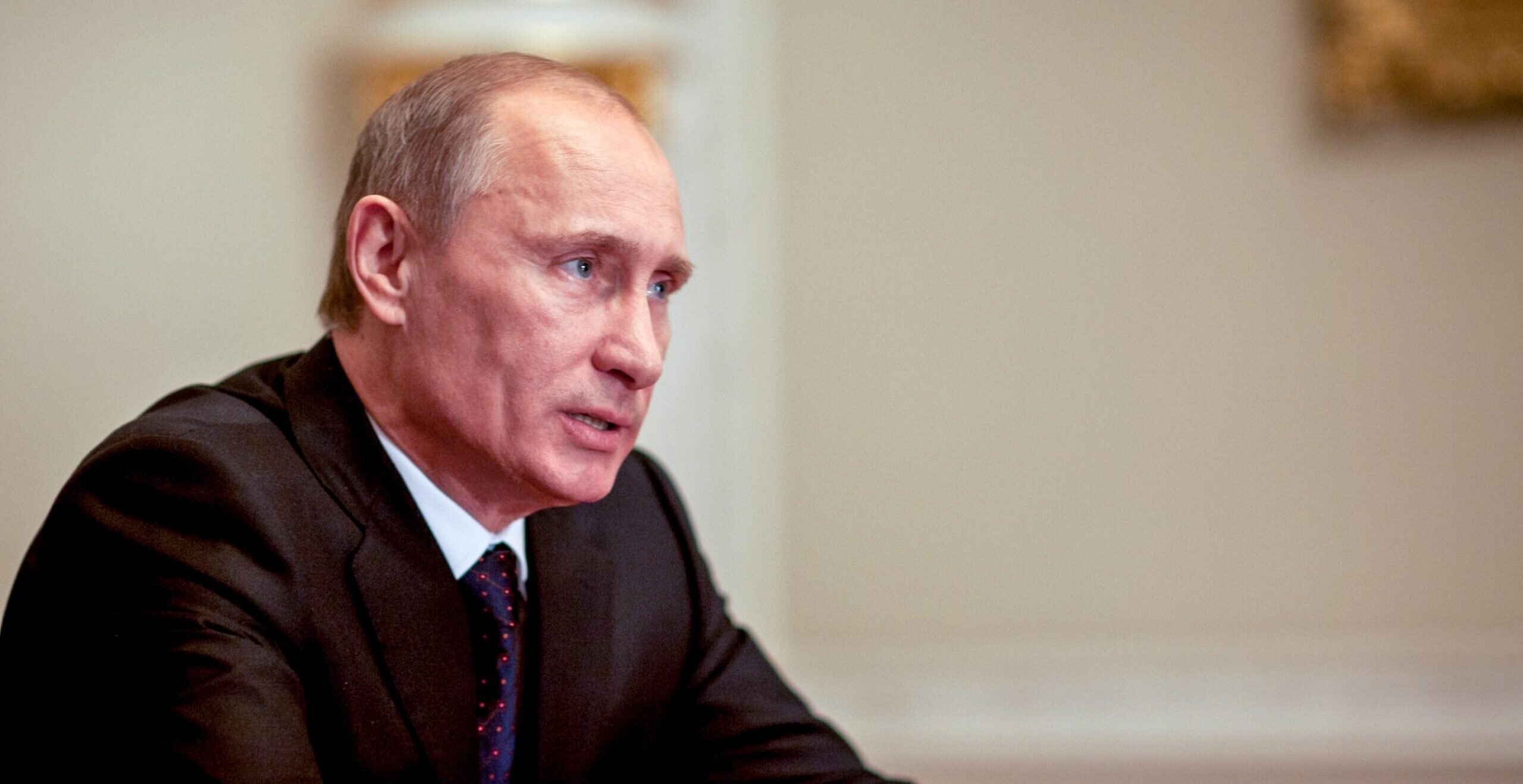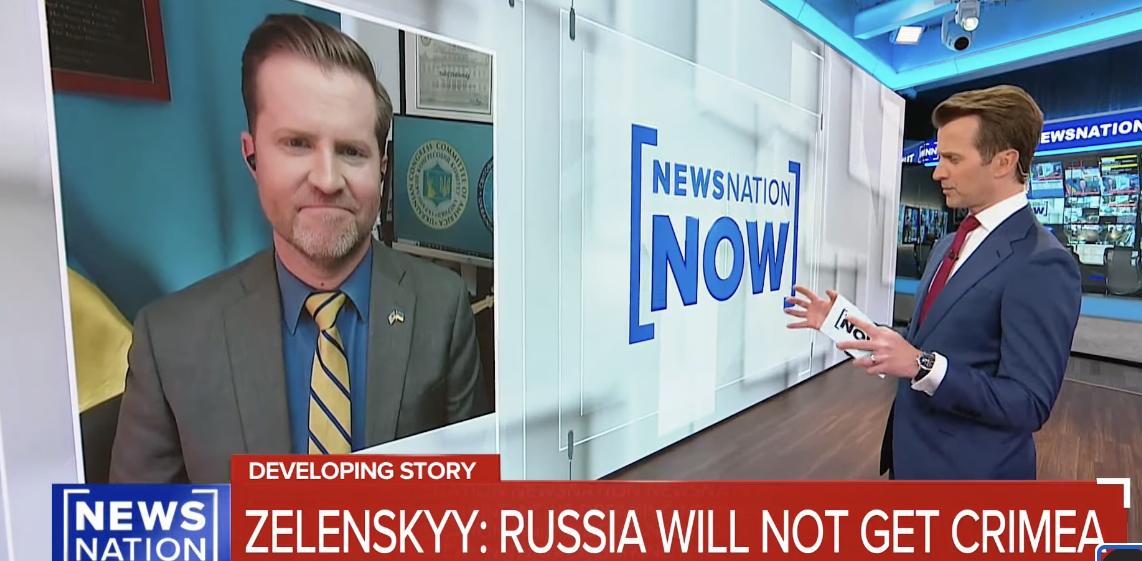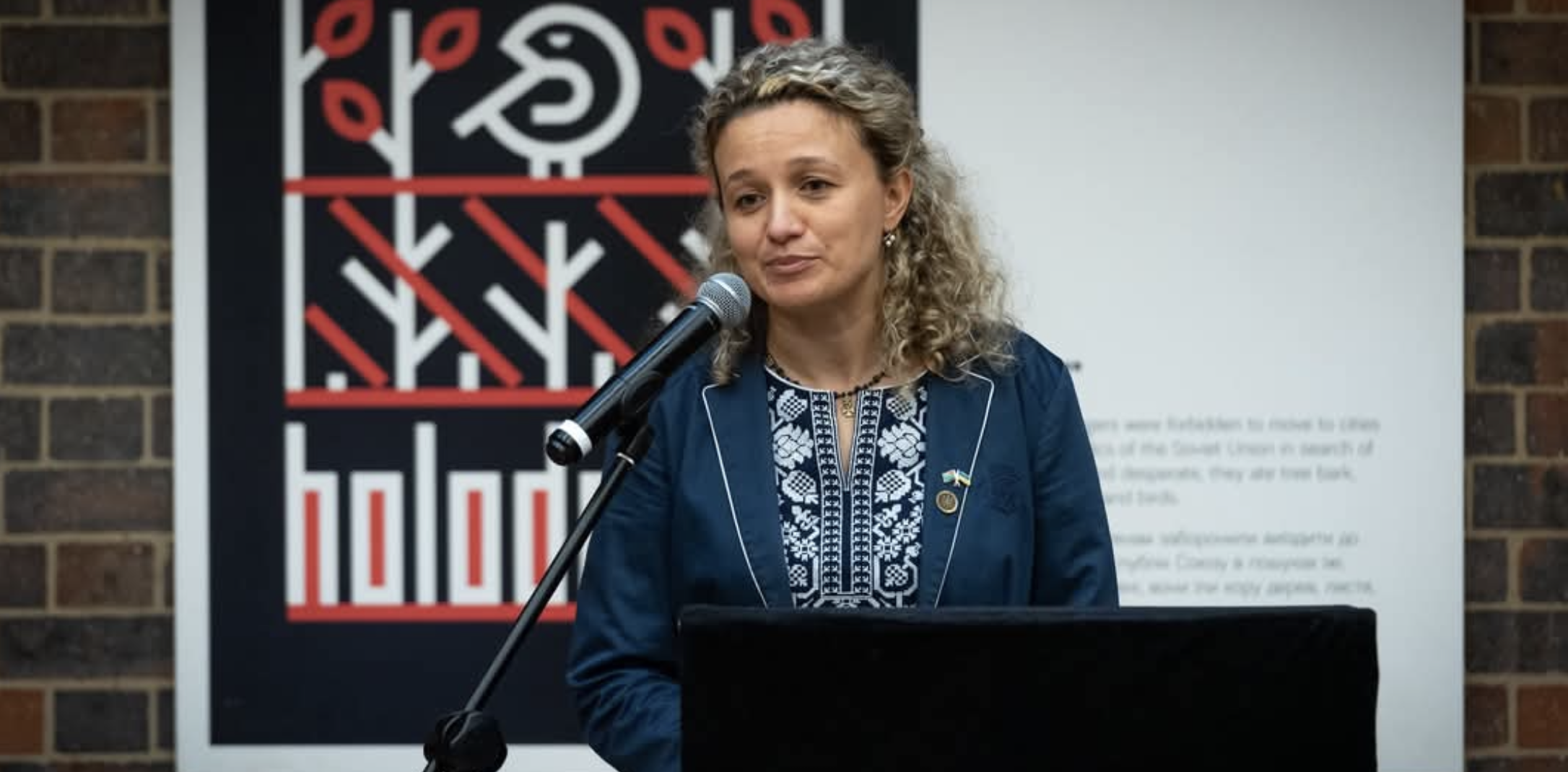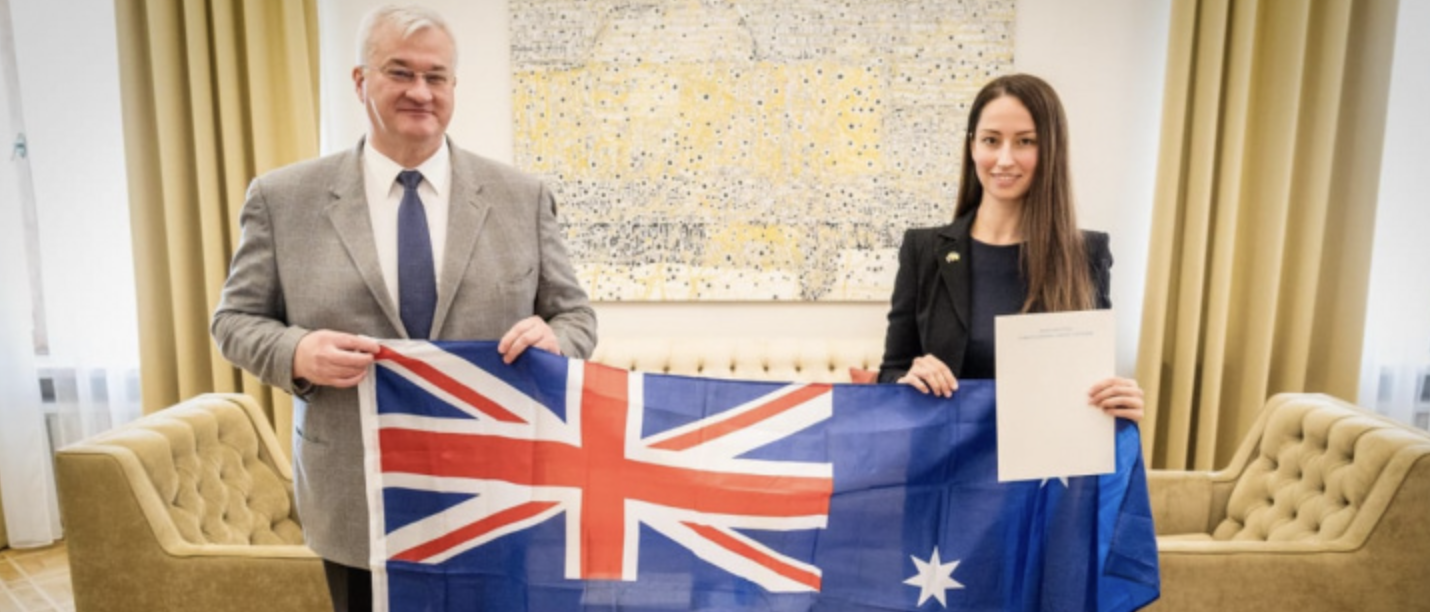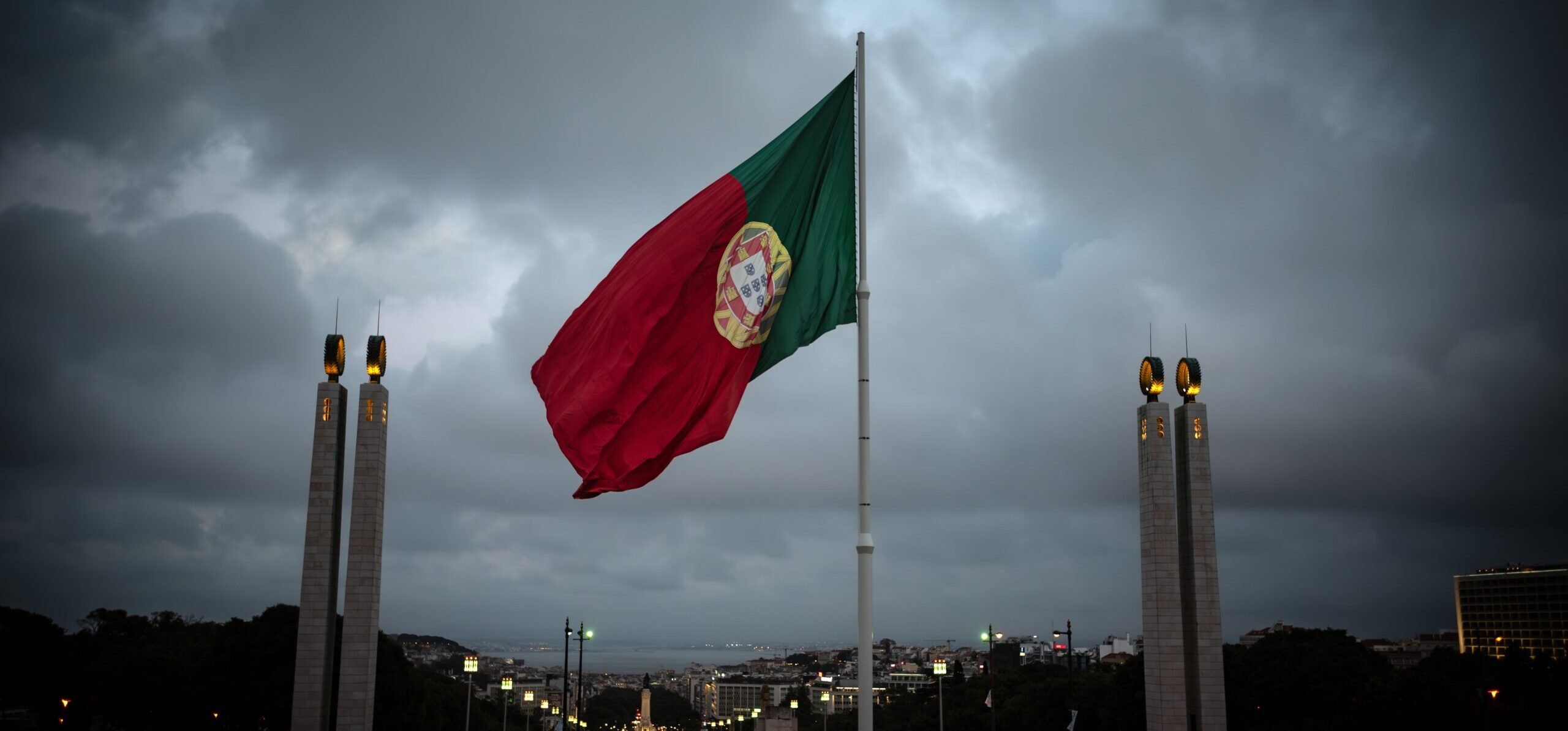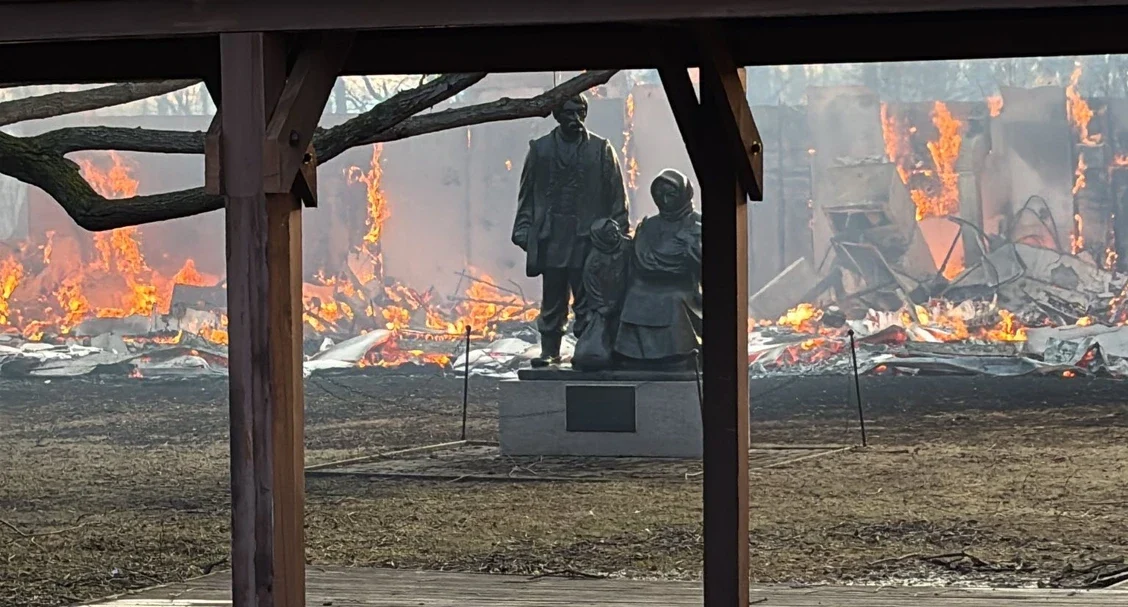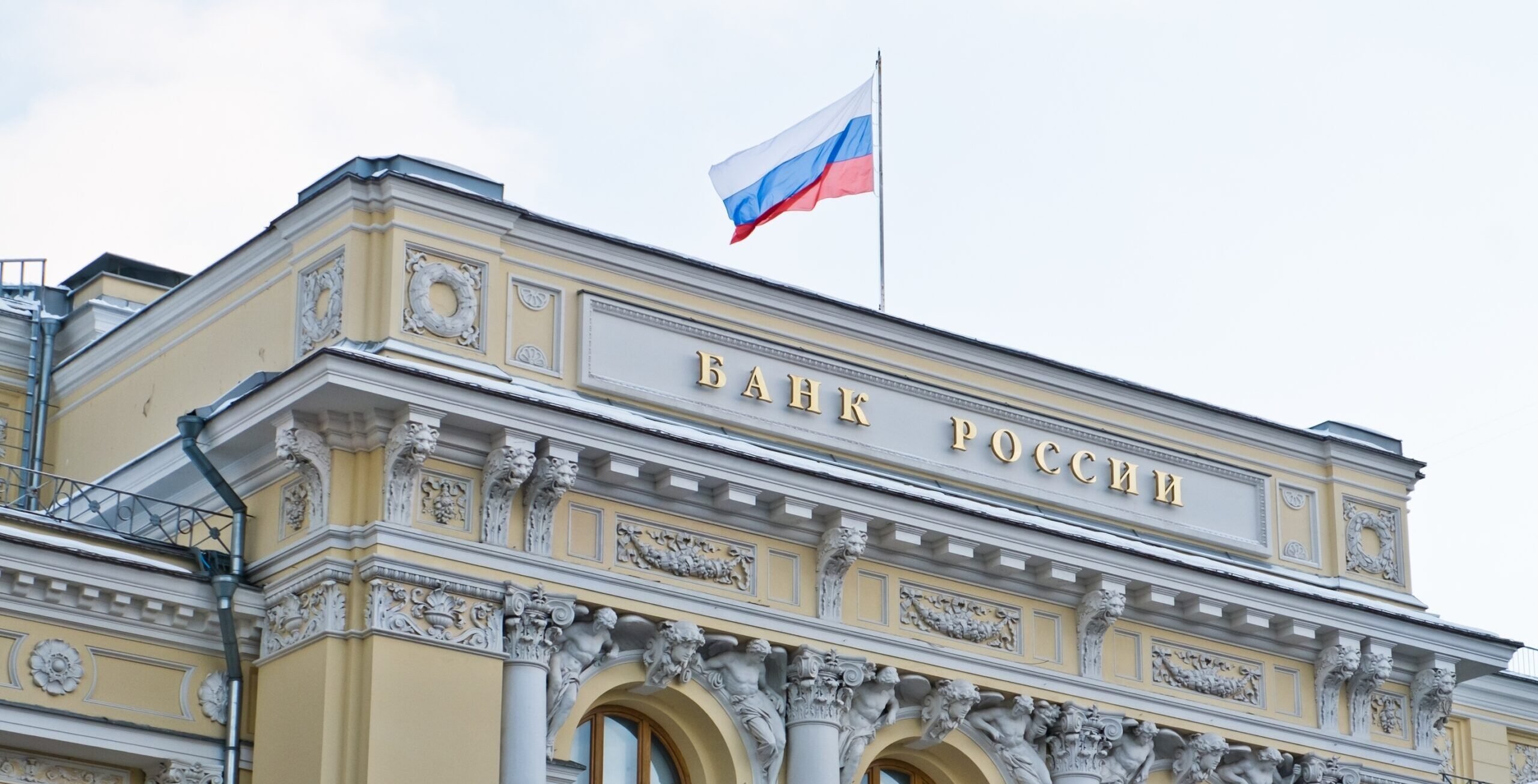

by Mark Temnycky, an accredited freelance journalist covering Eastern Europe and a foreign contributor to the Eurasia Center of the Atlantic Council.
Source: Atlantic Council
A bipartisan group of United States senators have recently called on the Trump administration to consider handing Ukraine over $300 billion in frozen Russian assets. In a March 21 letter addressed to US Secretary of State Marco Rubio, senior Republicans including Lindsey Graham joined their Democrat colleagues in pressing for the frozen funds to be allocated to the Ukrainian war effort.
The appeal is part of a lively ongoing discussion on both sides of the Atlantic over the fate of hundreds of billions of dollars in Russian sovereign assets that have been frozen since Russia’s full-scale invasion of Ukraine began in February 2022. Over the past three years, many have advocated using the funds to back Ukraine’s defense or cover the costs of the country’s reconstruction, but a range of political, financial, and legal considerations have so far prevented any firm moves toward seizure.
Canada and the United States have both introduced legislation empowering governments to confiscate frozen Russian assets, while the French parliament recently passed a non-binding resolution on the use of frozen Russian funds to back Ukraine. Others such as Polish Prime Minister Donald Tusk have voiced their support for the initiative. For now, however, Ukraine’s international partners can only agree on using the interest from the frozen funds to cover loans for Kyiv.
Opponents say using Russia’s frozen assets to finance Ukraine’s defense and recovery could have far-reaching negative ramifications for the Western financial system that would outlast the current war. They warn that seizing Russia’s assets would undermine the international credibility of Western financial institutions, and may also lead to direct and indirect countermeasures from the Kremlin that could further fuel global instability.
Speaking at a gathering of EU leaders in Brussels in late March, Belgian Prime Minister Bart De Wever said any move to confiscate the Russian assets would be considered “an act of war.” The Belgian PM, whose country holds the largest share of the frozen Russian funds, warned that the proposed seizure would carry “systemic risks to the entire financial world system” and could spark retaliation, with any remaining Western assets located inside Russia likely to be targeted.
Cover: Shutterstock
